About a hundred Mongolian herders
from Ezenee Banner (“e ji na qi” in
Chinese) of western Southern (Inner)
Mongolia’s Alshaa League (“a la shan
meng” in Chinese) took to the
streets in the Banner capital on May
4, 2014.
Holding a long banner reading
“Protect Ezenee’s green oasis,
Return our beautiful homeland!”, the
herders demanded the Chinese
government to halt the military base
expansion and immigration from the
neighboring Chinese province of
Gansu, to stop the llegal land grabbing and the
destruction of the oasis of Ezenee
Banner.
Armed Chinese riot police rounded up
the herders on their march to the
Lanzhou Military Command Air Base
No.14, and trained their
machine guns ready to fire on them
if they moved any further.
According to a written appeal the
Southern Mongolian Human Rights
Information Centers (SMHRIC)
received from the herders, the local
government “against the will of the
Mongolian people, arbitrarily
allowed Chinese immigrants from
Gansu Province to illegally seize
their lands.”
“The already weakened fragile oasis
of Ezenee has been destroyed, and
our heart is bleeding,” the appeal
said.
The appeal mentioned that the
Mongolian herders in this area had
paid a heavy toll in 1958 for
China’s so-called “national defense”
policy to give way to China’s first
missile test base.
“It is still fresh in our memory
that in 1958 tens of thousands of us
gave up and moved off our grazing
land for the national defense
project,” the appeal added, “it was
so emotional to us.”
In the appeal, the herders raised
the following three questions to the
Chinese authorities:
1. Do the local authorities remember
how Ezenee Mongolians paid a heavy
price for the national defense
project advocated by the Chinese
general Nie Rongzhen at that time?
2. Do the local authorities feel the
profound emotional effect caused by
the mass relocation of the Mongolian
herders from their homeland?
Why do local authorities allow the
immigrants from Gansu Province to
occupy our homeland, destroy our
poplar trees, cut down our red
willows, and devastate our green
oasis where we have lived for
generations?
3. Where is the spirit embodied by
the slogans of “civilians to
military is water to fish” and
“civilians love military, military
respects civilians”? Where is the
interest of Ezenee herders?
As China speeds up its expropriation
of the herders’ grazing lands and
extraction of mineral resources in
Southern Mongolia, the once
beautiful verdant region of Alshaa
has been targeted by China’s booming
mining industries. The scarce and
precious underground water system
has been depleted, and the fragile
ecosystem has been destroyed. The
expanding Chinese mines and
encroaching Chinese settlers are
threatening the very existence of
the unique culture of Mongolian
camel herders in this area.
Two weeks ago, several Mongolian
herders disappeared in Alshaa Left
Banner as a massive sinkhole
swallowed their homes and grazing
lands as a result of China’s
unregulated mining practices.
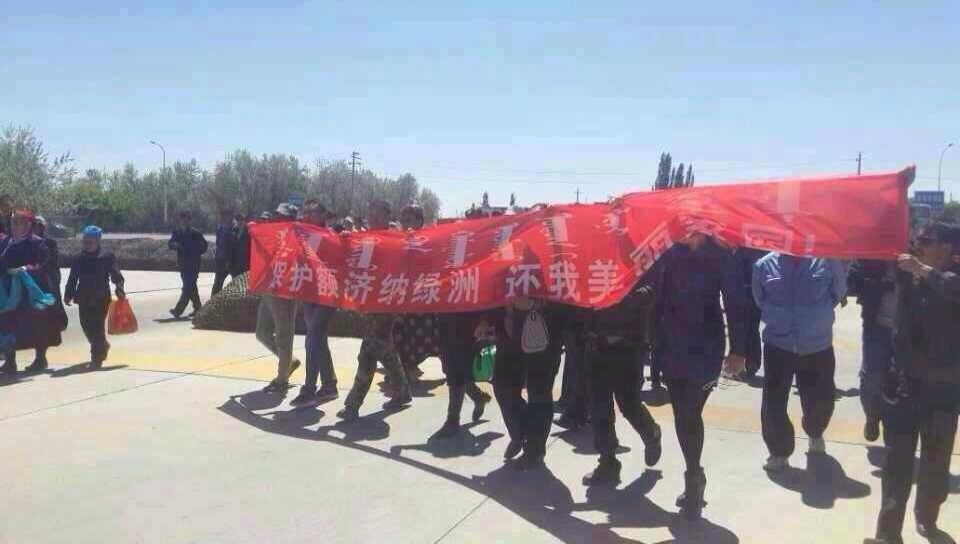
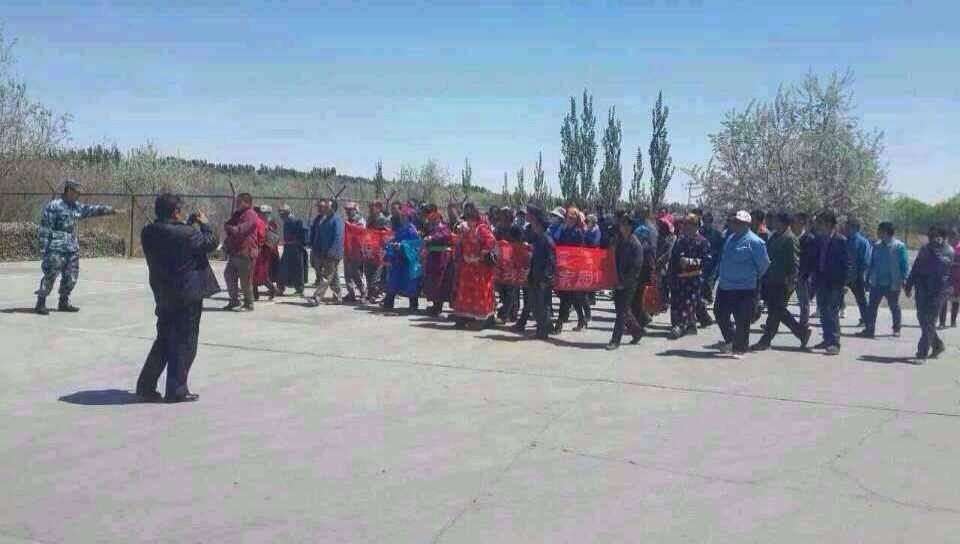
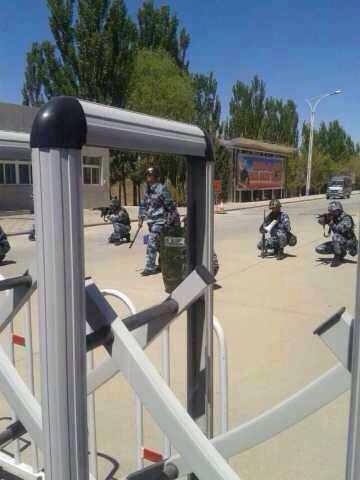




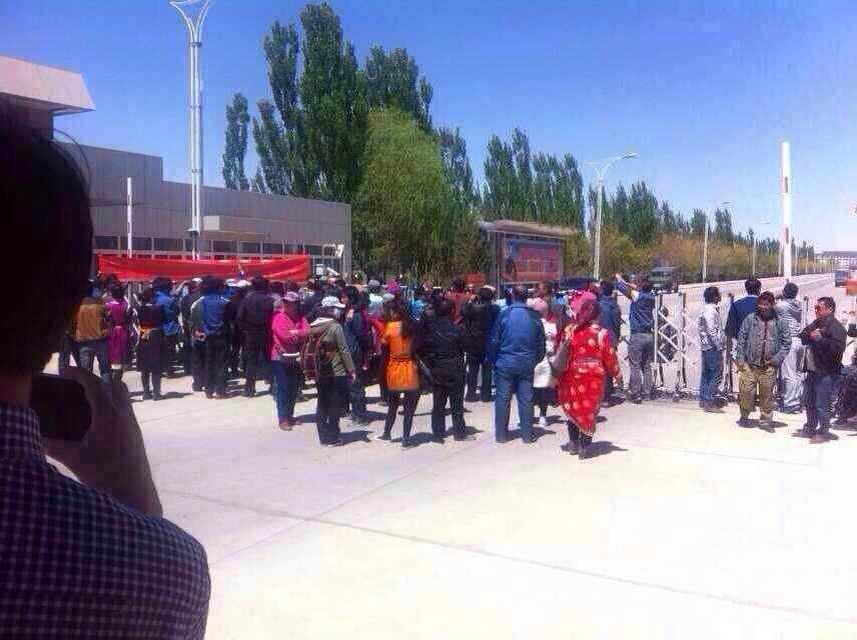
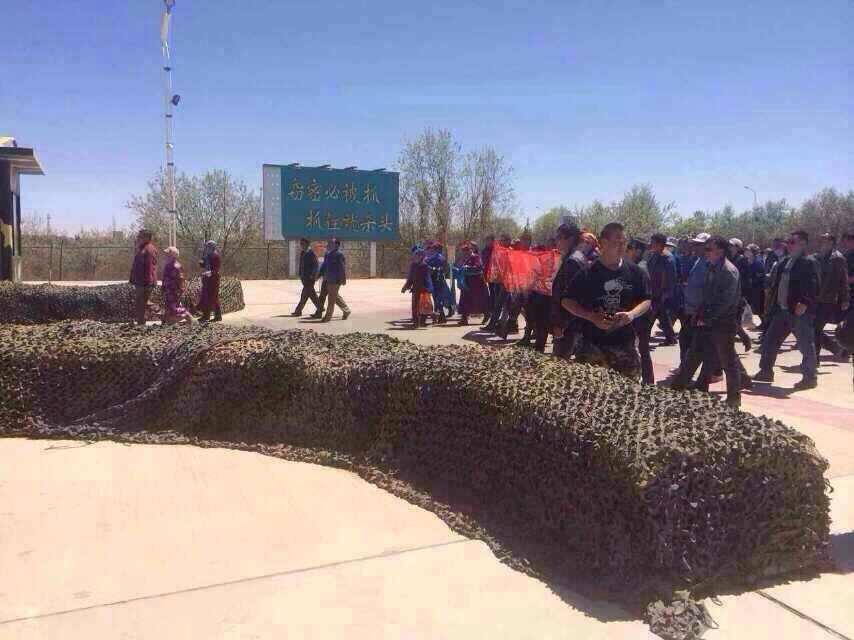
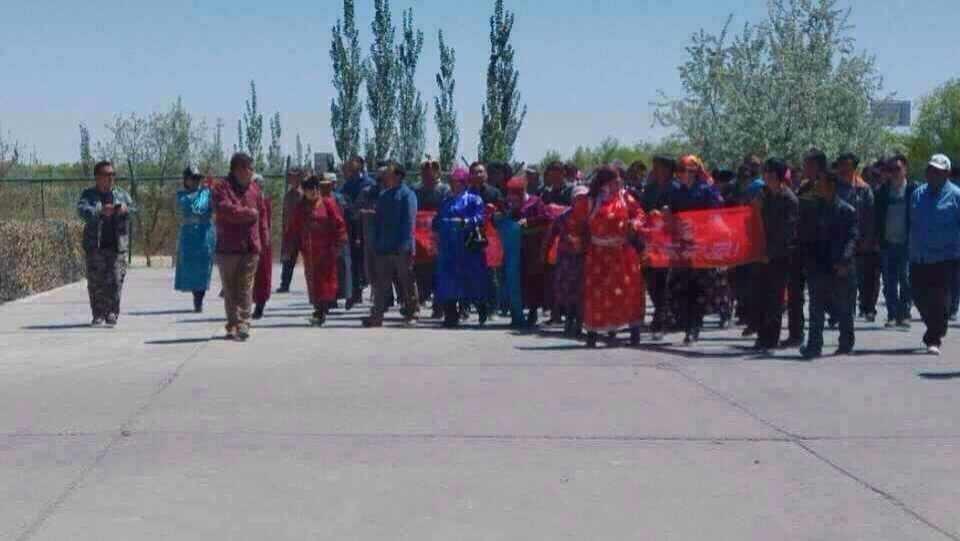
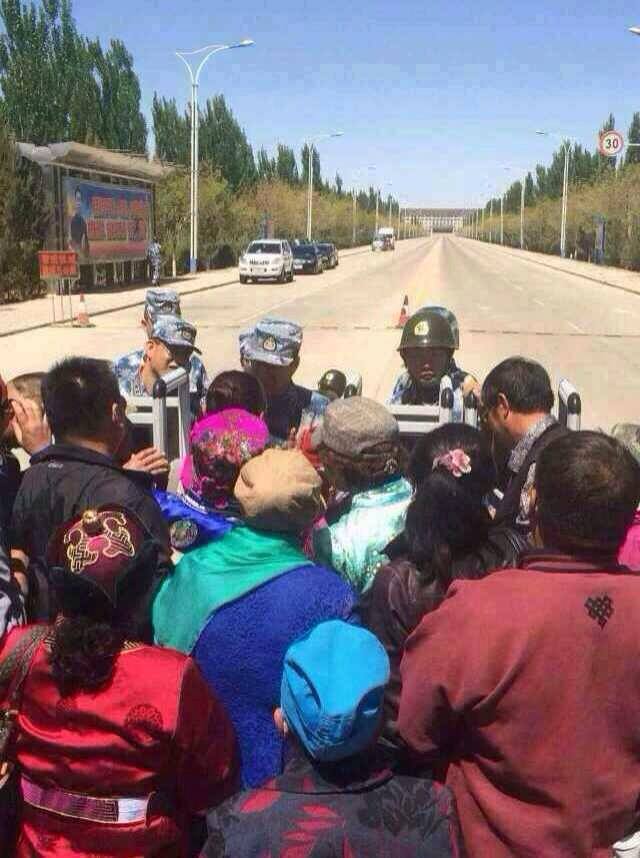
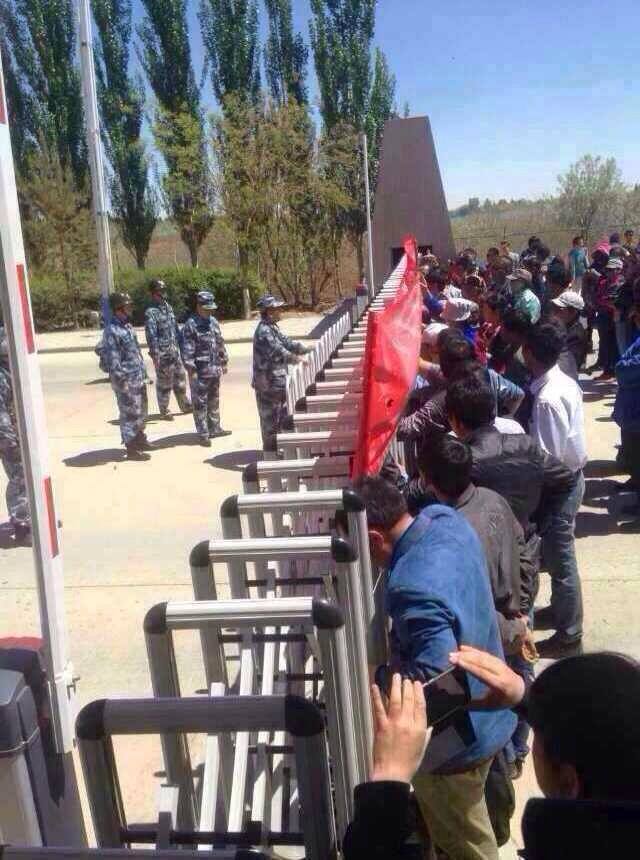
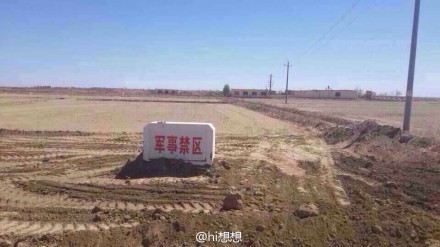
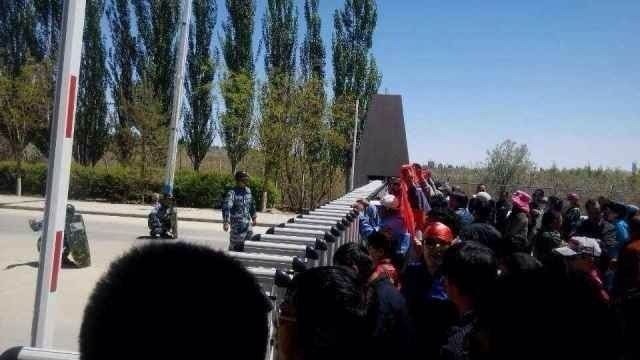
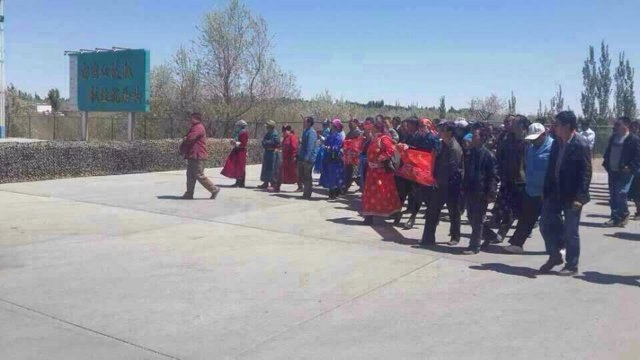
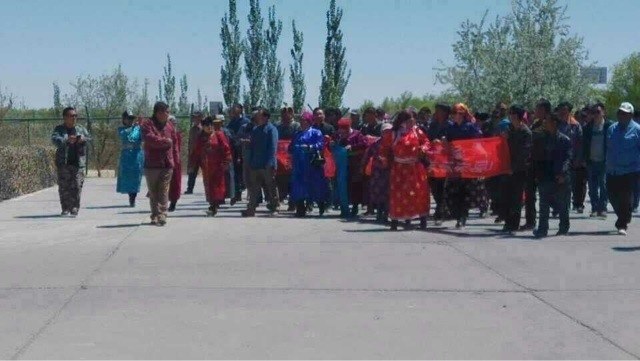


 Beyond
Great Walls: Environment, Identity, and Development on the Chinese
Grasslands of Inner Mongolia
Beyond
Great Walls: Environment, Identity, and Development on the Chinese
Grasslands of Inner Mongolia China's
Pastoral Region: Sheep and Wool, Minority Nationalities, Rangeland
Degradation and Sustainable Development
China's
Pastoral Region: Sheep and Wool, Minority Nationalities, Rangeland
Degradation and Sustainable Development The
Ordos Plateau of China: An Endangered Environment (Unu Studies on
Critical Environmental Regions)
The
Ordos Plateau of China: An Endangered Environment (Unu Studies on
Critical Environmental Regions)